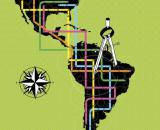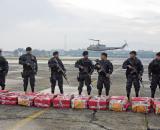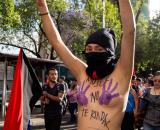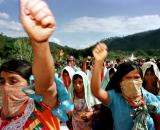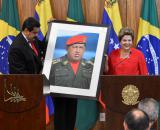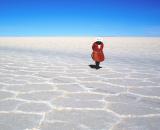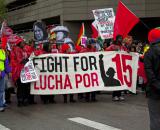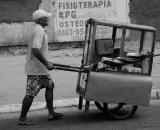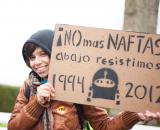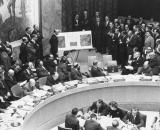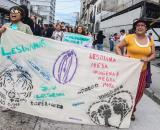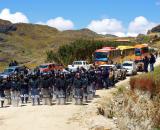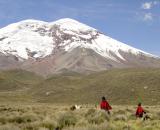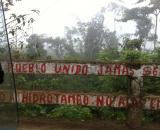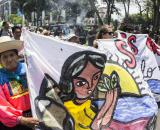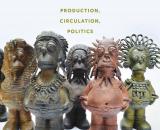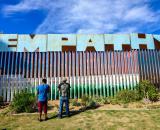Mapping the Moment

In our final print issue, “Mapping the Moment,” we chart the social and economic conditions shaping both U.S. hegemony and resistance today. You’ll read about Edward Snowden’s NSA revelations, free-trade policy showdowns, Obama’s new Cuba policy, the left turn’s legacy, the drug war’s entrenched bureaucracy, and the role of our earth’s finite resources in societal transformation. You’ll also read about the contentious solidarity work of movements struggling for change along identity-based lines, be they Latina/o, LGBT, Afro-descendant, feminist—or all of the above.
Our Report, “Global Water Grab in the Andes,” guest-edited by Heather Williams, explores the clash between basic needs and the demands of transnational capital, nowhere more acute than in the Andes. With U.S., European, and Chinese demand driving global commodity prices upward in the last decade, Andean governments are now allocating existing surface and groundwater to the highest bidder, and ignoring the objections of communities to the de facto theft of water by failing to regulate polluters.

